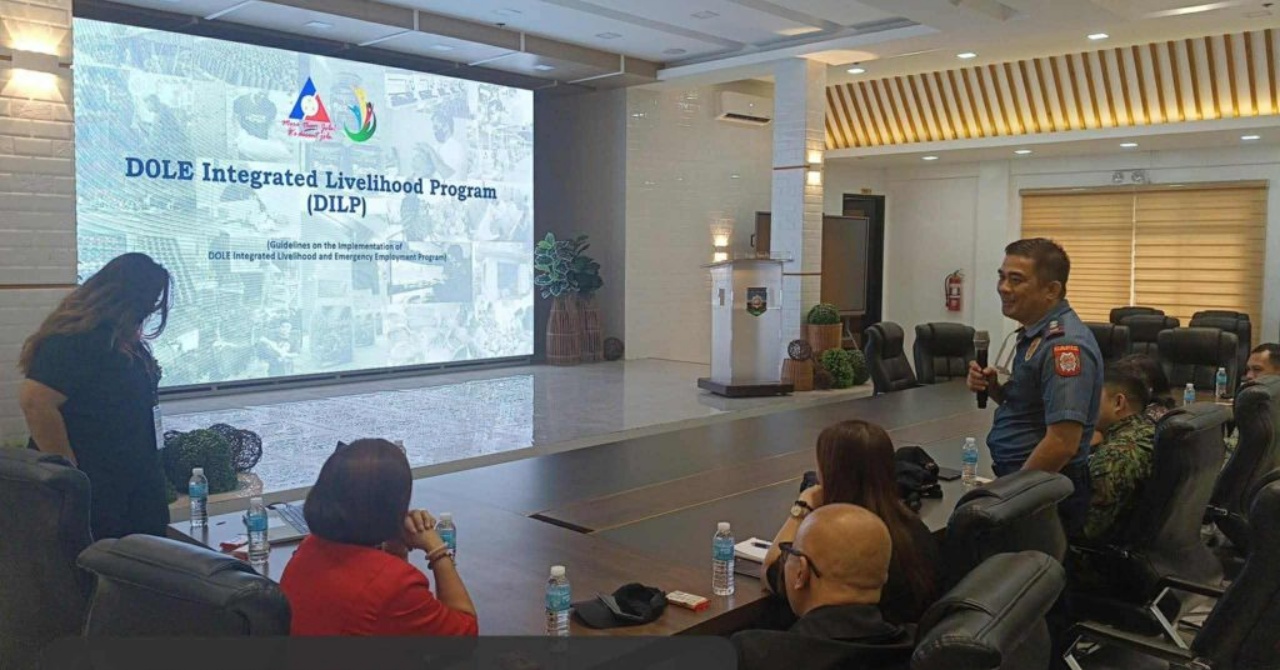Capiz State University (CapSU) has officially launched a student livelihood assistance initiative under Project AMOMA (Aton Mangunguma, Mangingisda kag Mamumugon Organisahon Manggad nga Dapat Amligan), aiming to give students the chance to earn while pursuing their education.
In a strong show of multi-sectoral collaboration, the project was made possible through the joint efforts of the Department of Labor and Employment (DOLE), the 1st Capiz Provincial Mobile Force Company (CPMFC) of the Capiz Police Provincial Office, and other AMOMA stakeholders, as shared in this PIA report.

According to Mary Chris Medina, DOLE’s focal person for the DOLE Integrated Livelihood Program (DILP), the program is highly adaptable and will cater to the specific livelihood ideas and needs proposed by student groups.
Medina emphasized that the goal is to help students from low-income backgrounds by introducing sustainable livelihood activities that can be managed on campus.
“This initiative not only helps address their financial needs through allowances,” she explained, “but also develops their entrepreneurial mindset, helping them become more self-reliant and potentially future business leaders.”
Project AMOMA is not only an economic intervention—it also contributes to peace and security.
Roxas City Police Station Chief Lt. Col. Ricardo Jomuad Jr. said that the project aligns with the Philippine National Police’s efforts to reduce insurgency by keeping the youth focused on productive and meaningful goals.
“This initiative highlights the strong partnership between law enforcement, government agencies, and educational institutions in promoting student welfare and economic empowerment,” Jomuad said.
Civil Service Commission (CSC) Provincial Director Vizur-Ty Gaitano also voiced support for the project, calling it a positive step in building a better future for students.
As CapSU moves forward with Project AMOMA, students now have a new path to economic independence—where education and livelihood grow hand in hand.
